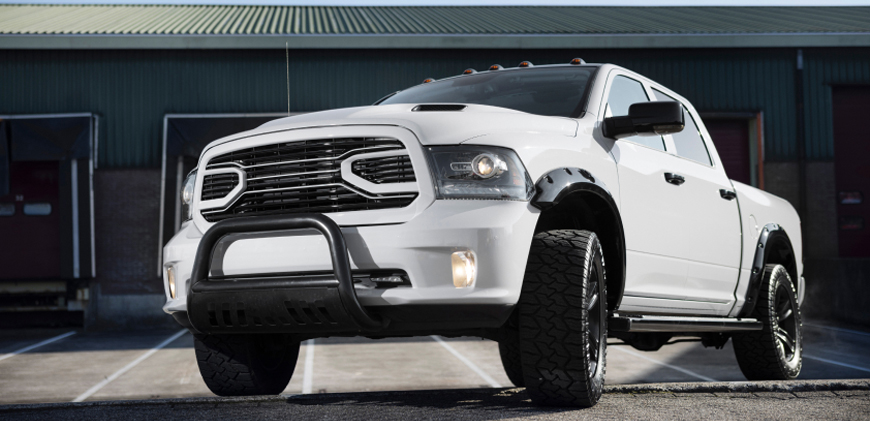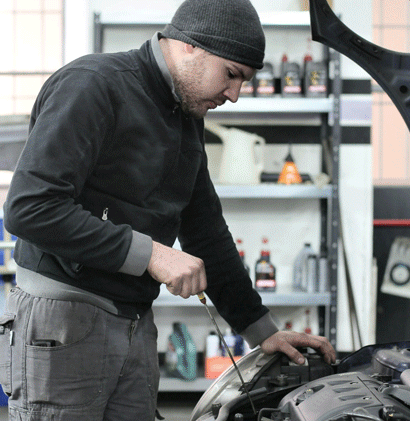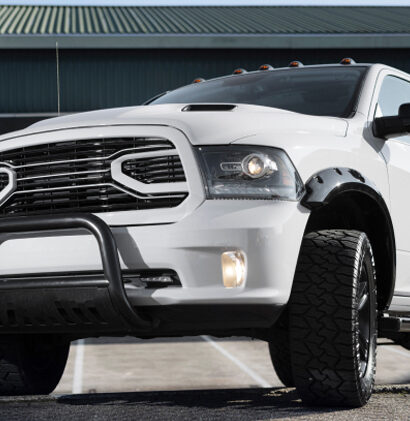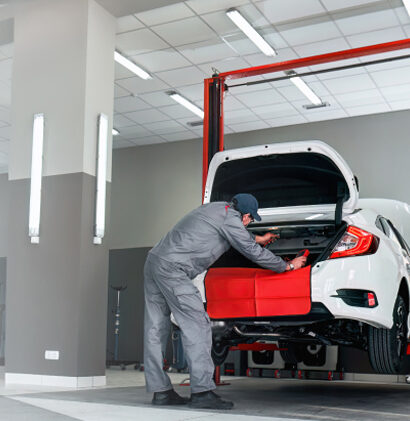05. 14. 2024
The Roadmap to Reliability: Essential Car Care Tips

Keeping your car reliable is key to ensuring safety, performance, and longevity. A well-maintained vehicle not only runs smoothly but also saves you money on repairs and extends the lifespan of your investment. Here’s your comprehensive roadmap to car reliability with essential car care tips. Your car is an investment, and like any valuable asset, it needs proper care to maintain its worth and longevity. Neglecting routine maintenance can lead to costly repairs down the road, leaving you stranded or facing unexpected expenses. But don’t worry, achieving reliable car ownership doesn’t require a mechanic’s degree.
1. Regular Oil Changes
Why It’s Important:
Lubrication: Oil lubricates engine components, reducing friction and preventing wear.
Cooling: Helps dissipate heat from the engine.
Cleaning: Removes dirt and debris, preventing sludge buildup.
How Often:
Follow your car manufacturer’s recommended intervals, usually every 3,000 to 5,000 miles for conventional oil, or up to 7,500 miles for synthetic oil.
Tip:
Use the recommended oil type and filter for your vehicle.
2. Maintain Tire Health
Why It’s Important:
Safety: Properly inflated and well-maintained tires provide better handling and traction.
Fuel Efficiency: Correct tire pressure improves gas mileage.
Longevity: Regular maintenance extends tire life.
Checks to Perform:
Tire Pressure: Check monthly and before long trips.
Tread Depth: Use the penny test; if you can see Lincoln’s head, it’s time to replace.
Alignment and Rotation: Rotate tires every 6,000 to 8,000 miles and check alignment annually.
Tip:
Keep a tire pressure gauge in your glove box for easy access.
3. Check and Refill Fluids
Why It’s Important:
Performance: Fluids lubricate, cool, and protect various components.
Prevent Damage: Low or dirty fluids can cause parts to wear out faster or fail.
Fluids to Monitor:
Engine Oil: Check monthly and before long trips.
Oil Changes are Crucial: Regular oil changes (every 3,000-5,000 miles or as recommended by your car’s manual) lubricate engine parts, prevent wear and tear, and keep your engine running smoothly.
Coolant: Check every few months to prevent overheating.
Brake Fluid: Ensure it’s topped off and free from contamination.
Transmission Fluid: Check as per the manufacturer’s guidelines.
Power Steering Fluid: Ensure it’s at the correct level.
Windshield Washer Fluid: Keep it filled for clear visibility.
Tip:
Use a clean funnel to avoid contaminating the fluids.
4. Inspect Brakes Regularly
Why It’s Important:
Safety: Properly functioning brakes are crucial for safe driving.
Performance: Ensures reliable stopping power and prevents damage to other components.
Signs of Wear:
Squealing or Grinding Noise: Indicates worn brake pads.
Vibration: May suggest warped rotors.
Soft Brake Pedal: Could indicate air in the brake lines or low brake fluid.
Tip:
Have your brakes inspected by a professional if you notice any issues.
5. Keep the Battery in Good Condition
Why It’s Important:
Starting Power: A healthy battery ensures your car starts reliably.
Electrical System: Powers all electrical components in the vehicle.
Maintenance Tips:
Check Battery Terminals: Ensure they are clean and free from corrosion.
Test Battery Voltage: Should be around 12.6 volts when the car is off.
Replace When Necessary: Most batteries last 3-5 years; replace if it shows signs of weakness.
Tip:
Keep a set of jumper cables in your car for emergencies.
6. Replace Worn Wiper Blades
Why It’s Important:
Visibility: Ensures a clear view during rain or snow.
Safety: Reduces the risk of accidents in poor weather conditions.
When to Replace:
Every 6-12 Months: Or sooner if they leave streaks or make noise.
Tip:
Consider all-weather blades for better performance in various conditions.
7. Regularly Inspect Lights
Why It’s Important:
Visibility: Ensures you can see and be seen by others.
Safety: Reduces the risk of accidents, especially at night or in poor weather.
Lights to Check:
Headlights: Ensure both high and low beams work.
Brake Lights: Check regularly to ensure they illuminate when braking.
Turn Signals: Make sure all indicators function properly.
Interior Lights: Verify dashboard and other interior lights are operational.
Tip:
Keep spare bulbs in your vehicle for quick replacements.
8. Maintain the Air Filter
Why It’s Important:
Engine Performance: A clean air filter ensures optimal air flow to the engine.
Fuel Efficiency: Improves gas mileage by ensuring the engine gets enough air.
When to Replace:
Every 12,000 to 15,000 Miles: Or as recommended by your vehicle manufacturer.
Tip:
Check the air filter during every oil change for signs of dirt and debris.
9. Check Belts and Hoses
Why It’s Important:
Prevent Breakdowns: Worn belts or hoses can lead to engine failure.
Ensure Smooth Operation: Keeps the engine and other components running efficiently.
What to Look For:
Listen to Your Car:
Unusual Noises? Don’t Ignore Them: Pay attention to any new or unusual noises coming from your car. They could be early warning signs of a developing problem.
Dashboard Warning Lights: Treat dashboard warning lights seriously. Consult your owner’s manual for their meanings and address any issues promptly.
Cracks or Fraying: Replace if you see any signs of wear.
Leaks: Inspect hoses for any signs of leaking fluids.
Tip:
Have belts and hoses inspected during regular service appointments.
Conclusion
Maintaining car reliability requires regular checks, timely repairs, and preventive measures. By following these essential car care tips, you can ensure your vehicle remains safe, efficient, and dependable for years to come. A little effort goes a long way in preserving your car’s performance and protecting your investment.
Don’t hesitate to consult a trusted mechanic for regular inspections, complex repairs, or if you’re unsure about anything. They can provide expert advice and keep your car running smoothly for years to come.
By following these simple yet effective car care tips, you can significantly reduce the risk of breakdowns, extend the life of your vehicle, and enjoy a more reliable and enjoyable driving experience. Remember, prevention is always better than cure!
Social Share:




